On November 21, 2024, at Mount Sinai’s Leon and Norma Hess Center for Science and Medicine, the six Phase 3 teams presented their diagnostic concepts during the LymeX Diagnostics Prize Demo Day. The in-person showcase event invited the Lyme disease community — including patients, patient advocates, representatives from diagnostic companies, and clinicians — to come together to hear the teams’ latest developments, discuss the future of treatment, and explore new ways to collaborate.
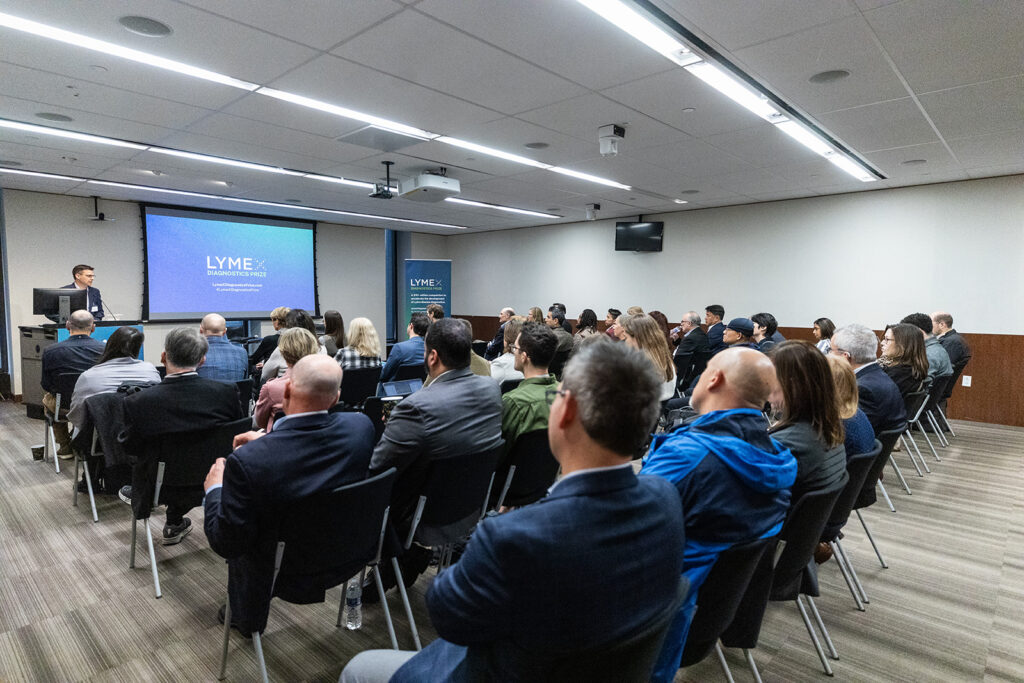
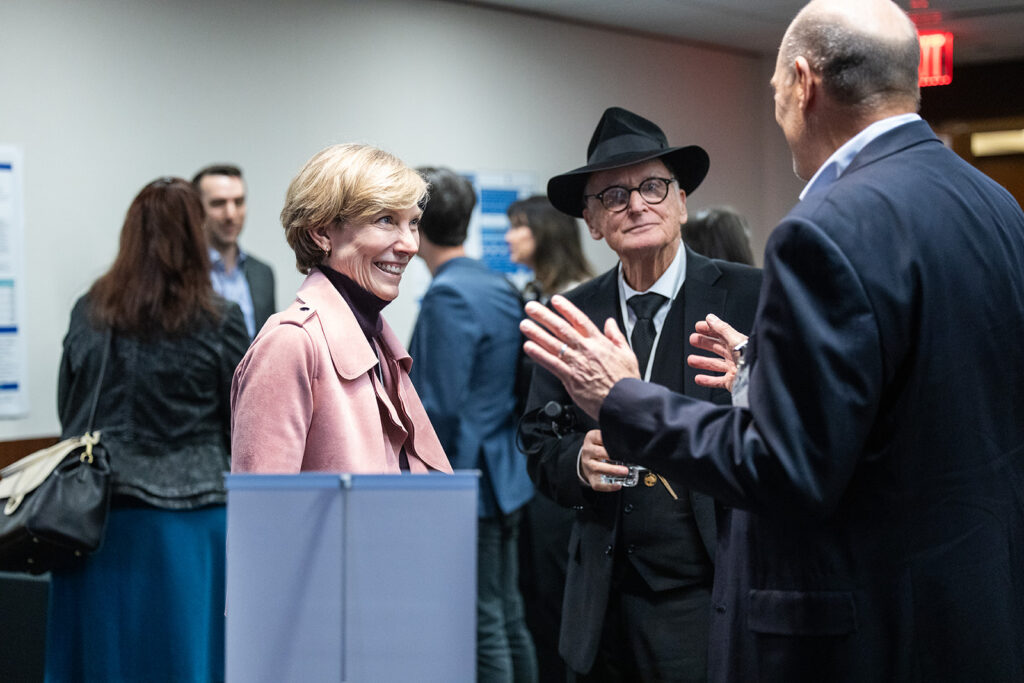
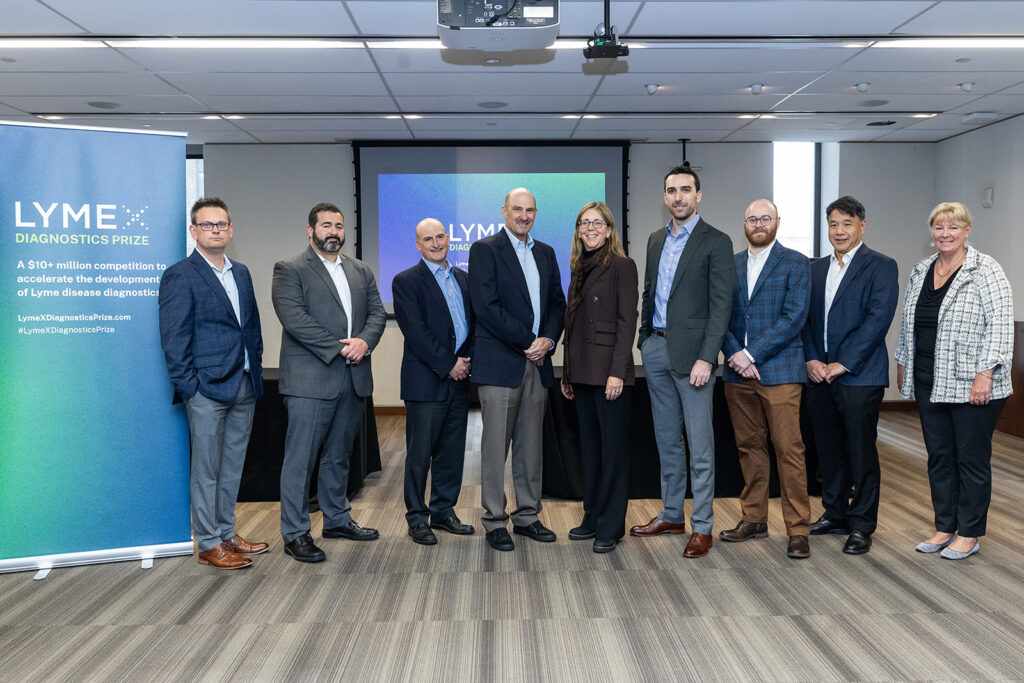
Speeding development of the next generation of Lyme disease diagnostics
During opening remarks, Steven & Alexandra Cohen Foundation Chief Program Officer Bennett Nemser, Ph.D., spoke on the history of the LymeX Diagnostics Prize. First launched in 2022 through the Steven & Alexandra Cohen Foundation’s LymeX Innovation Accelerator (LymeX) public-private partnership with the U.S. Department of Health and Human Services, the competition aims to nurture the development of diagnostics toward Food and Drug Administration review and clearance.
The Steven & Alexandra Cohen Foundation is the largest private funder of Lyme and tick-borne disease research in the United States, with over $102 million disbursed for groundbreaking studies in prevention, diagnostics, and treatment, as well as support for building essential research infrastructure to catalyze innovation. Since 2015, the Steven & Alexandra Cohen Foundation has helped fund the creation of Lyme disease biobanks — creating vital sample repositories for future clinical studies.
“We know that diagnostics are inadequate for patients. In particular, they have low sensitivity for the first month when patients go in after a tick bite — which is exactly when you want to get treated and when you want to know you have an infection,” said Dr. Nemser. “And unfortunately, without that diagnostic, patients and clinicians are delaying the required care, which can have significant ramifications on their lives and the lives of their families for years or even decades.”
With the LymeX Diagnostics Prize, the Steven & Alexandra Cohen Foundation intends to speed development of the next generation of Lyme disease diagnostics while sparking sustained innovation, participation, and capital investment. In their presentations, the teams showcased their next-generation concepts and discussed planning for clinical performance studies.
Harnessing the power of collaboration to improve care
Following Bennett Nemser’s remarks, Icahn School of Medicine at Mount Sinai Director of Rehabilitation Innovation David Putrino, Ph.D., discussed the potential impact of new Lyme disease diagnostics on infectious disease treatment. As Nash Family Director for the recently launched Cohen Center for Recovery from Complex Chronic Illnesses at Mount Sinai, Dr. Putrino is focused on accelerating interdisciplinary leading-edge research.
“If we could bring a lot of these infection-associated chronic conditions together and start looking at them side-by-side and start characterizing them with better accuracy and better precision, then we could also start a precision medicine approach,” explained Dr. Putrino. “And when it comes to Lyme disease, the story has to start at diagnostics: We can’t treat what we can’t see. So frequently, not having the adequate testing to see the problem has led to a denial of the problem.”
Phase 3 teams have approached the issue of diagnosing active infections of Lyme disease through a broad range of perspectives. From translating diagnostics for sepsis to utilizing new genetic sequencing, the teams’ groundbreaking concepts have major implications for infectious disease testing. As researchers seek to understand how certain infectious diseases act and persist, deeper insights into Lyme disease and the complex Borrelia burgdorferi organism will provide new hope to patients.
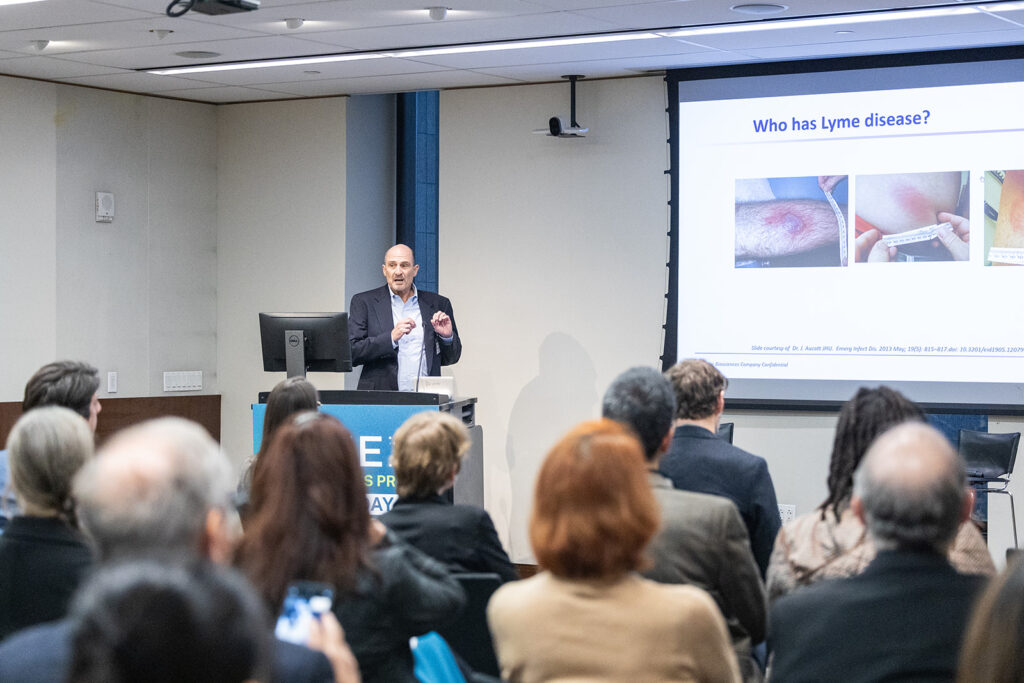
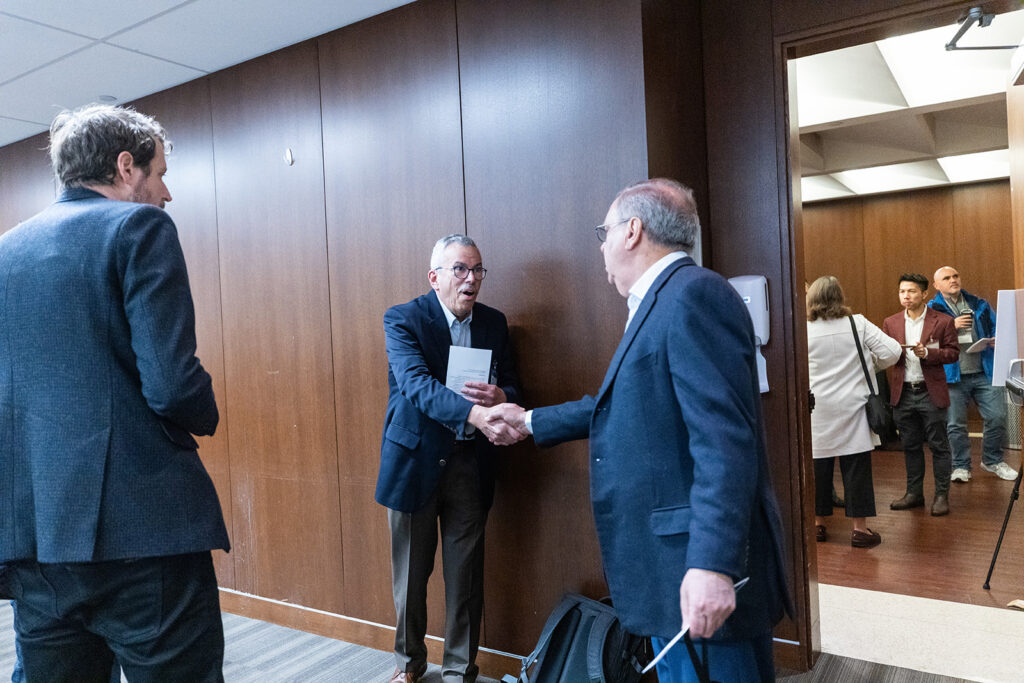
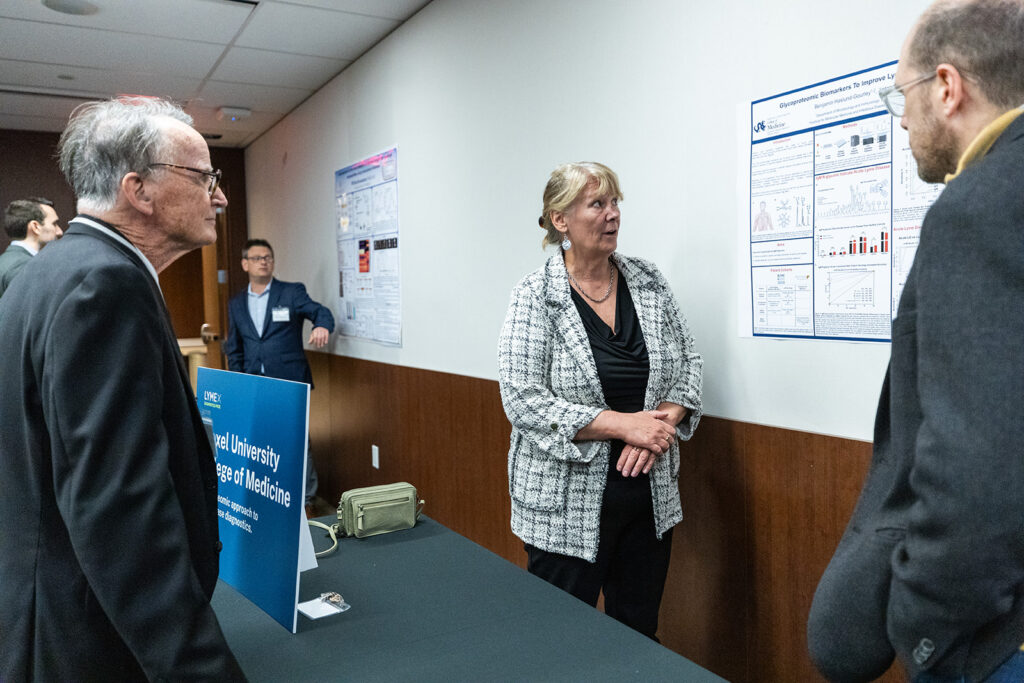
Putting patients at the center of innovation
During a fireside chat with Luminary Labs Senior Director Future of Health Ben Alsdurf, Mary Beth Pfeiffer shared patient stories and the hardships they faced in getting diagnosed and treated. A Lyme disease patient advocate and the author of Lyme: The First Epidemic of Climate Change, Pfeiffer has seen firsthand the impact of Lyme disease on patients, families, and providers. From her viewpoint as a patient advocate, Pfeiffer discussed key priorities, emphasizing the need for accurate diagnostics, accessibility, and practicality.
To bring tests to market, teams need to explore collaboration models and design for clinical laboratories. In Phase 3, Labcorp and Quest Diagnostics provided non-financial in-kind support, helping the teams deepen their understanding of the diagnostics industry, how clinical laboratories operate, and how to work with commercial laboratories. The teams also had the opportunity to visit both Labcorp and Quest Diagnostics facilities to learn more about the clinical laboratory environment and their workflows, materials, and instrumentation.
Phase 3 to award up to $2.1 million in prizes
During Phase 3, the teams had access to webinar modules, mentorship, and networking opportunities to help them plan clinical performance studies for validating their proposed solutions. The competition judging panel — composed of experts across sectors such as biology, clinical and technology translation, patient experience and advocacy, diagnostic science and technology, innovation, and ethics — is now evaluating eligible submissions according to official Phase 3 evaluation criteria. Based on this evaluation and judges’ recommendations, up to six teams will receive a share of the total Phase 3 prize pool of $2.1 million.
The LymeX Diagnostics Prize is made possible thanks to a more than $10 million pledge from the Steven & Alexandra Cohen Foundation.
To receive the Phase 3 winner announcement and other competition updates, subscribe to the LymeX Diagnostics Prize newsletter.
Photos courtesy of April Renae.
